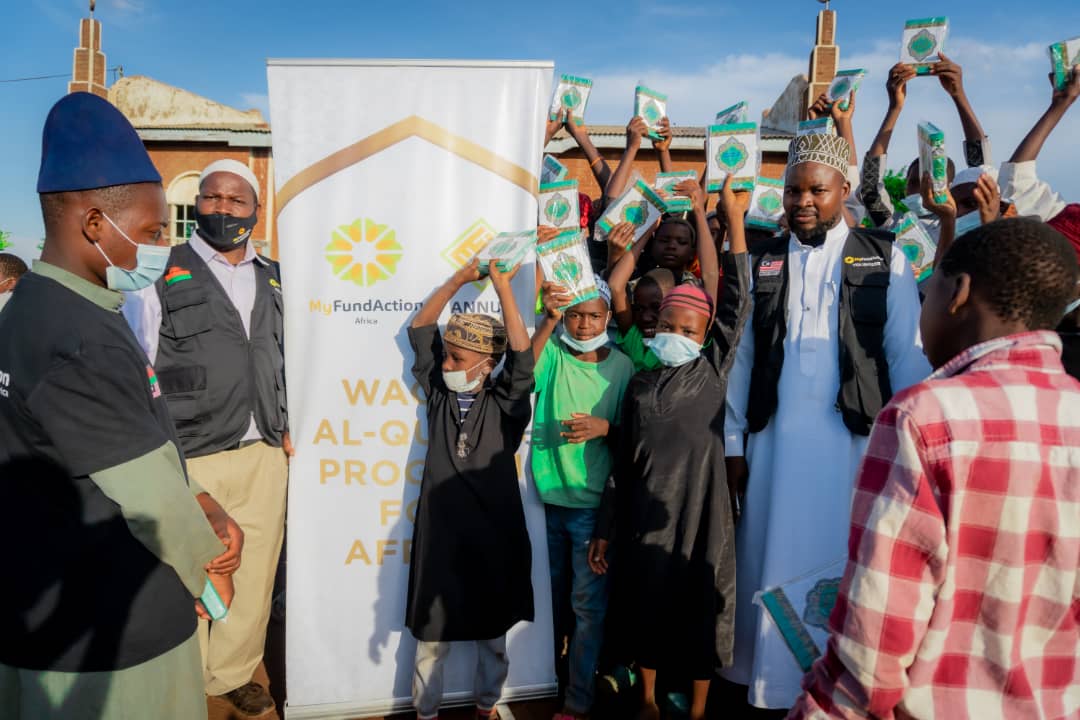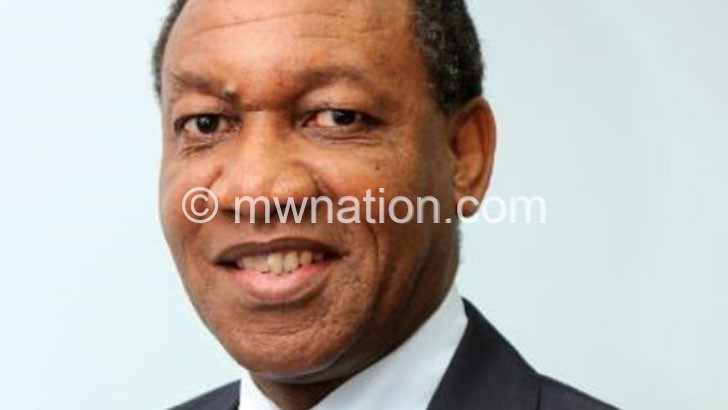Timothy Leadership Training Institute
Training Institute deepens stewardship Skills
For pastors who went through corridors of a theological college and have passion to deepen their stewardship knowledge, Timothy Leadership Training Institute (TLTI) has answers for their ambitions. On the sidelines of TLTI’s first graduation last Saturday at St Paul’s Anglican Church in Blantyre, JAMES CHIMPWEYA had a chat with one of the institute’s coordinators, Reverend DAVIDSON MOYO of Namiyango CCAP congregation.
What is Timothy Leadership Training Institute about?
The Timothy Leadership Training Institute began as ‘Project Africa’. It is run by the Timothy Leadership Training Institute (TLTI) housed at Calvin Seminary, Grand rapids, Michigan, USA. It started in East Africa in Kenya in 1998. It was further implemented in several African countries and later taken to other continents, and therefore taking its present name Timothy Leadership Training Institute (TLTI). It is a team of Christian educators from Africa, Europe and North America formed to meet a two-fold need for Africa’s growing Church.
What are Africa’s two-fold needs for growing the Church?
These are to equip church leaders with leadership skills and to promote economic sustainability within parishes and communities they serve. TLT’s aim is to train pastors, evangelists and lay church leaders worldwide for the purpose of building viable and healthy congregations and communities.
Would you give an overview of TLTI’s curriculm?
The learners learn in modules such as pastoral care, Christian stewardship, preaching, teaching the Christian faith, Christian worship, child violence and child abuse, and family development. The team developed a leadership training programme and field-tested between 1998-2004 in 10 English and French speaking countries. One or two-week workshop manuals were held with participants from different denominations and they are repeated every year. At the end of each such workshop, participants make six months action plans on the covered manual. For the next six months, after each workshop, participants return to their local church and engage their evangelists and lay leaders in similar training as training practice. This process is repeated to cover all six manuals.
What follows after completing the training manuals?
The participants graduate as Master Trainers. Their new responsibility is to take the training to their local churches to train more leaders just as they have been trained. The trained leaders train others so on and so forth. Reports from those who have implemented it share how the programme equips church leaders with needed skills for the effective church leadership, which leads to both personal and community development.
What happens during the training period?
TLTI uses the facilitation method of teaching. Though the method sounds familiar, the challenge to use it well takes a lot of practice and discipline. Expected results may not come forth if the training is not done properly. We also have four lesson procedures, which are reporting what was accomplished since the last lesson; reflecting together on related questions; planning what they have learnt and praying at the end of each lesson to commit their plans to God.
Why did you undergo another pastoral training?
The time I went to the theological college there were no issues of homosexuality whereas this time it is talk of the moment; so, as a minister, I have to incorporate that in my stewardship ministry. There are several things that have cropped up recently that need church ministers’ attention. We have issues of gays, HIV and Aids and albinism, among many issues. Secondly, learning is a continuous process. Finally, I want to thank managements of CCAP Blantyre Synod and Anglican Church in Malawi for allowing us to use their premises for the training and the graduation. We started 35 of us, but only 24 graduated. n






